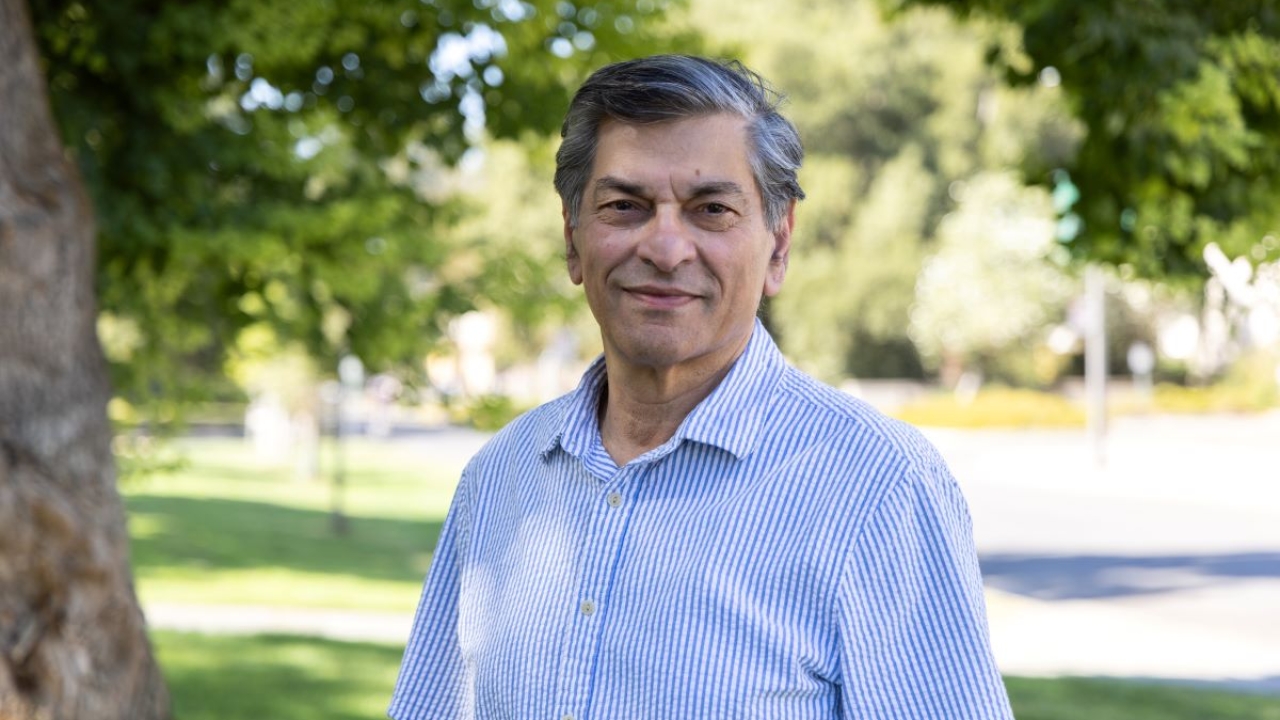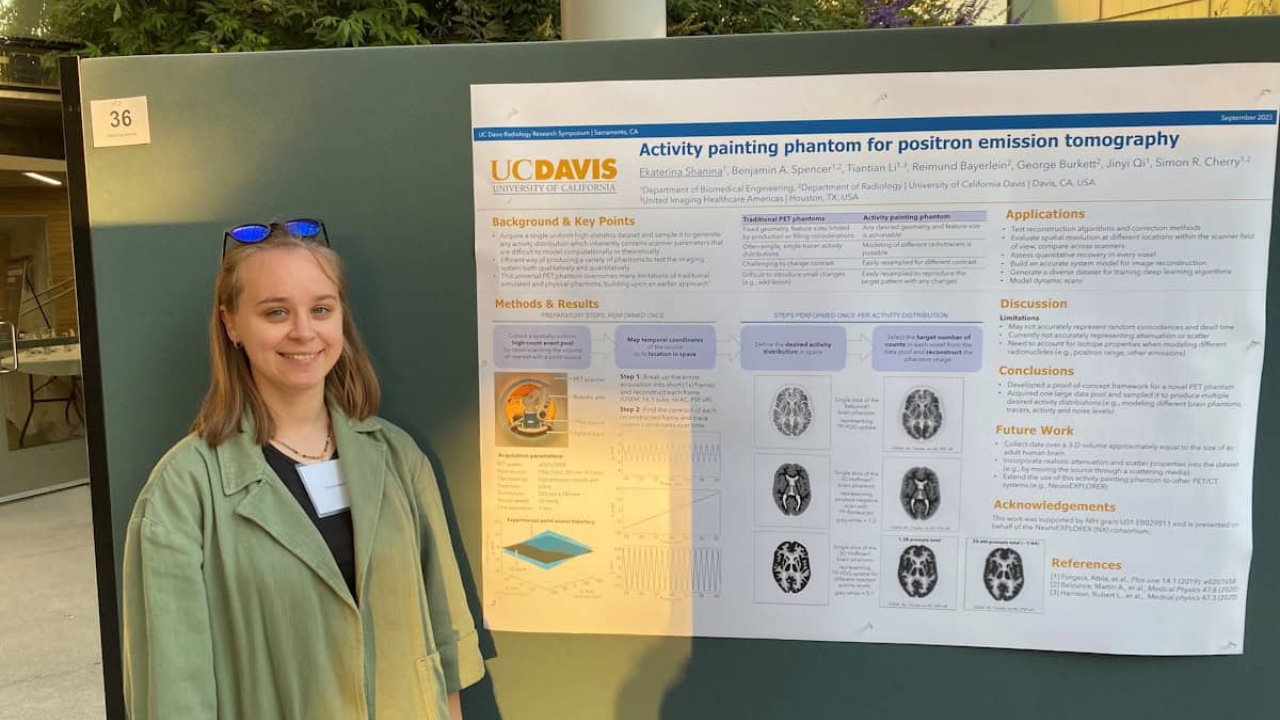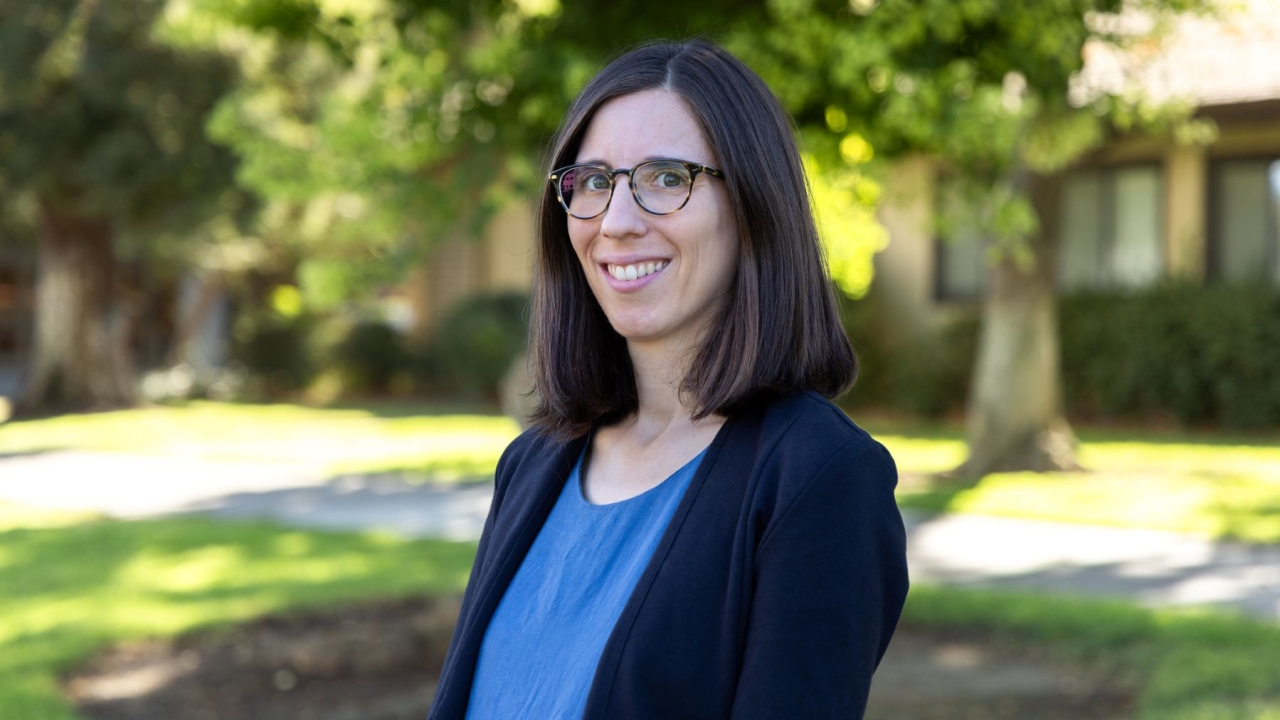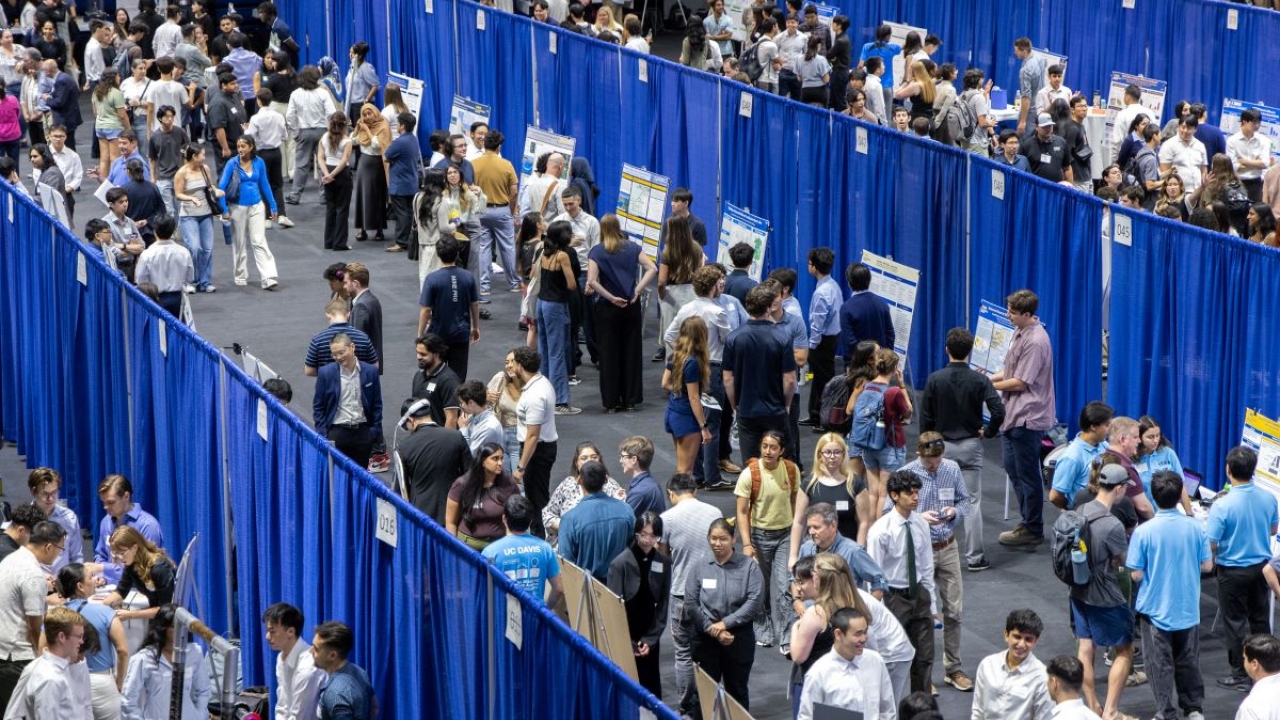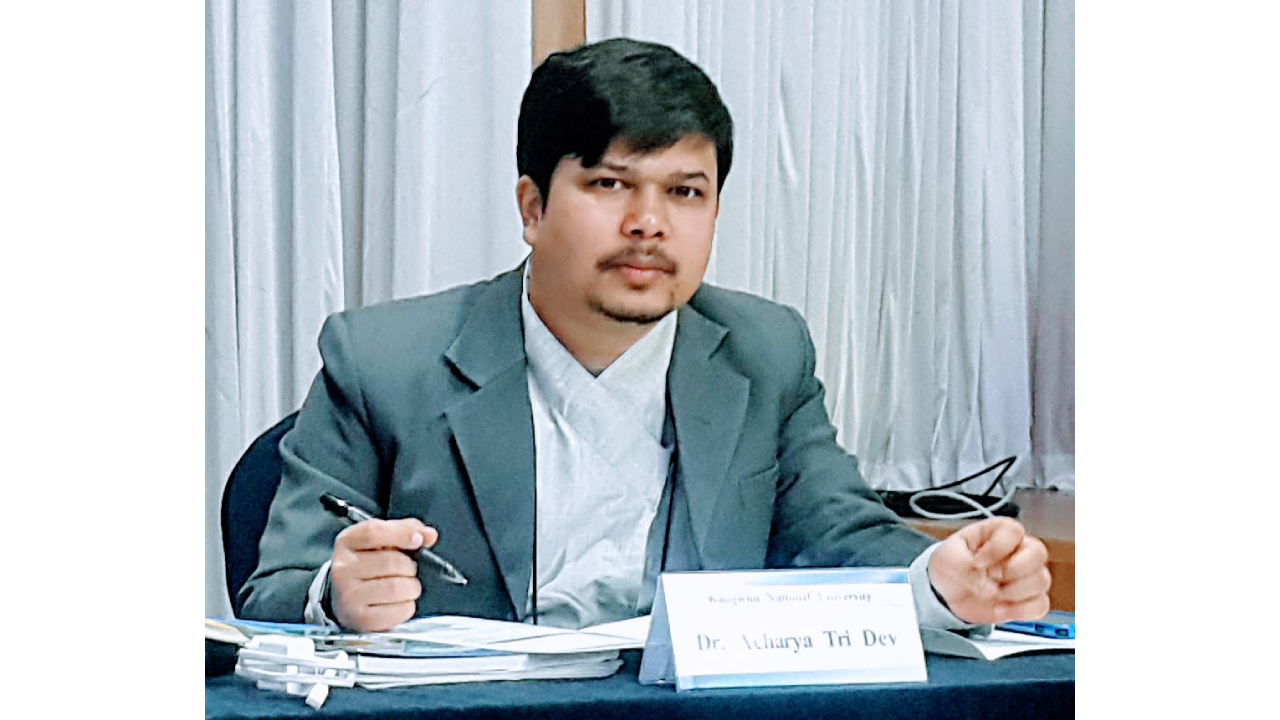
Postdoc Profile: Tri Dev Acharya, Ph.D., Institute of Transportation Studies
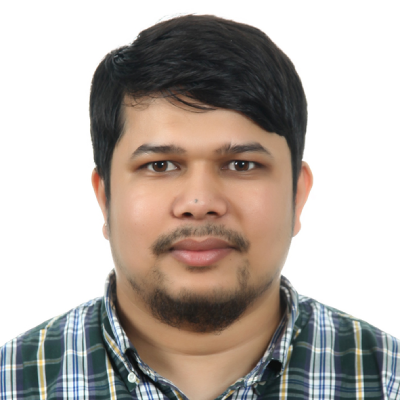
Tri Dev Acharya joined the UC Davis Institute of Transportation Studies as a postdoctoral researcher in 2019. Tri Dev’s name refers to the trinity of Hindu gods Brahma, Vishnu and Maheshwara, and he grew up in a middle-class family in rural Nepal. Following his high school education, he went to the capital for post-secondary study and later joined Kathmandu University as an undergraduate.
At that time, Acharya was one of the first students in the newly established geomatics program of the university. Geomatics is a scientific term for gathering, storing, processing and delivering geographic information. Due to limited opportunities in Nepal, Acharya went to South Korea for his Ph.D. studies.
“[Geomatics] was interesting; learning about earth’s surface, modeling and maps,” he said. “South Korea was developing rapidly, and within three decades, it has completely transformed itself by shifting from adopting technologies to pioneering and developing them. Furthermore, Nepal and South Korea are mountainous countries and share similar topographies.” Moving to South Korea also meant he didn't have to invest a lot in living expenses.
“Initially, you study, but you don't have a clue.” This might be a feeling many young students can relate to until they discover the impact of their research by solving real problems, publishing their results and generating knowledge for the community.
Acharya’s research involves making maps using remote sensing, a technique that samples electromagnetic radiation from the earth’s land, atmosphere and water to detect and monitor physical characteristics. He maps land cover and observes how these surfaces change with time. With the right collaborators, he can then link these changes in natural resources like forest or water areas to climate change and contribute to finding solutions to this pressing problem.
“We don't want to degrade the earth’s environment. We want to preserve it for the next generation,” Acharya said.
Another area of research Acharya studies is disaster mapping, or predicting landslides and earthquakes. In the last major earthquake in Nepal in 2015, 9,000 people died and more than 22,000 suffered injuries. With better predictions of natural disasters, more lives could be saved in the future.
Making Hydrogen Fuel More Accessible
Here at UC Davis, he is helping California realize its 2045 targets for the Zero Emission Project. In order for the state to accomplish these ambitious climate goals, energy consumption needs to shift from non-renewable to renewable sources. Using electric vehicles is one way to reduce fossil fuels; however, trucks are not ideal vehicles to go electric because they need to cover long ranges. One solution might be hydrogen fuel, which is still expensive. Therefore, truck manufacturers are hesitant to make the switch, and energy companies don't want to build hydrogen fuel stations.
“This is kind of the chicken-egg problem, but someone has to start, otherwise progress will not happen,” Acharya noted. By identifying real demand for hydrogen fuel, based on the travel pattern of trucks, he aims to pinpoint where new hydrogen refueling stations should be built with the hopes of increasing demand for hydrogen fuel.
Mentoring First-Generation Students Abroad
Acharya is also the founder of the #Mentor4Nepal Initiative. The goal of this initiative is to help recent graduates and early career professionals focus on enhancing their skill set and provide support for a research project and a collaborative publication.
In developing Asian countries, says Acharya, being able to do research is not always the main reason to study and to go abroad; other factors like unemployment push people into seeking more education and leaving their country.
“Being first-generation, students don’t have a career plan and find it hard to decide what to do after a bachelor’s degree. Many seek government jobs because they are secure, but some want to study abroad to gain more knowledge. However, studying abroad comes with sacrifices like being apart from your family for many years,” Acharya said. “Important questions like how much money do I need to sustain my future abroad, how much education do I really need, or when is a good time to marry and start a family need to be carefully considered.”
Currently, Acharya mentors 14 students in Nepal. Every day, he talks to one student for half an hour. He wants the next generation to have a better life. “Ideally, I want them to realize everything in Nepal. The problem is, opportunities for science and technology outside of Kathmandu are really scarce.”
For Acharya, education is about being fulfilled and self-actualization. He encourages the students he mentors to work on these fundamental skills from the beginning of their career. “I can teach what I went through. You know that is a good contribution to society. If you can improve one or two person’s lives that is more than enough as a human being.”

